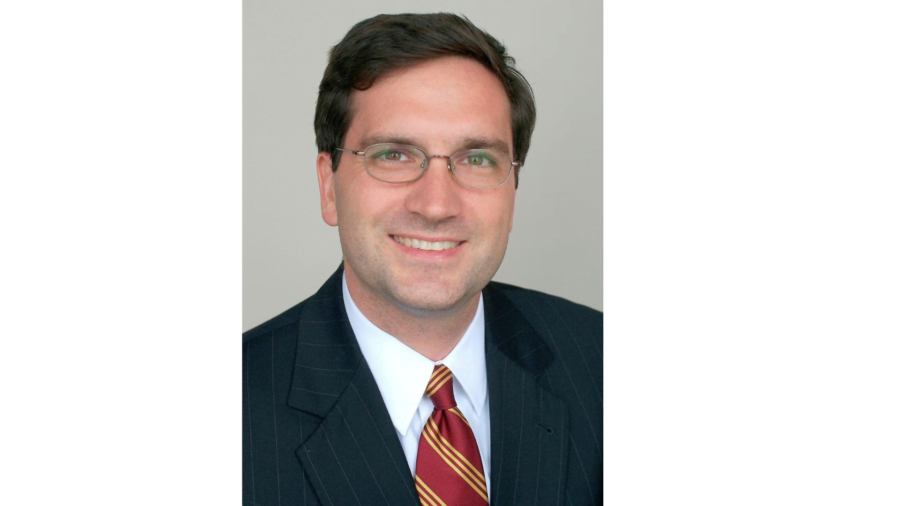Written by Josh Lee Kok Thong
Introduction
Where is legal technology in Singapore today? For many who have followed the development of the sector here, this question is more than merely factual. At its core, it is a reflection on the past, present and future of Singapore’s legal technology sector, and traces the development of Singapore’s legal technology landscape.
This article explores this evolutionary arc. First, it describes the development of the legal technology industry from 2016 to 2020, which saw significant and growing interest, demand and dynamism in the use of technology in Singapore’s legal industry. Second, it examines what the legal technology sector looks like today, and two key phenomena that have defined this era: the COVID-19 pandemic and growing institutionalisation of the sector. Third, it looks at the implications of the present state of Singapore’s legal technology industry. Fourth, it suggests areas that Singapore’s legal technology sector can explore to infuse greater interest, innovation and investment into the ecosystem.
This article also hopes to highlight the two key groups of players to Singapore’s legal technology landscape: established institutional actors, such as the government and its various agencies, as well as large law firms and legal technology companies; and “ground-up actors”: local legal technology start-ups, informal and/or non-profit bodies set up by legal technology enthusiasts, student groups in law schools, global legal technology movements, and more. Over the course of the article, it is submitted that greater collaboration between both sets of players is encouraged for the success of Singapore’s legal technology ecosystem. For Singapore’s legal technology sector to reach its renaissance, such collaboration needs to be carefully developed and nurtured.





